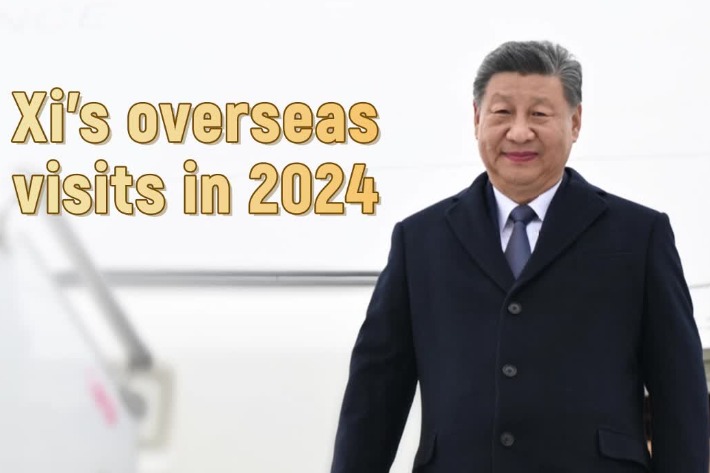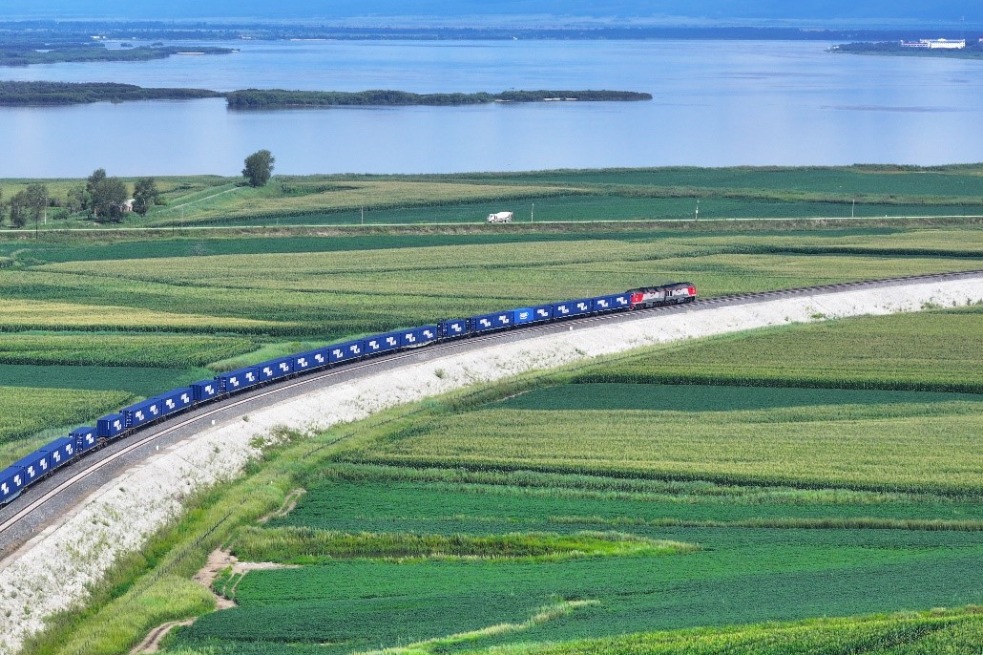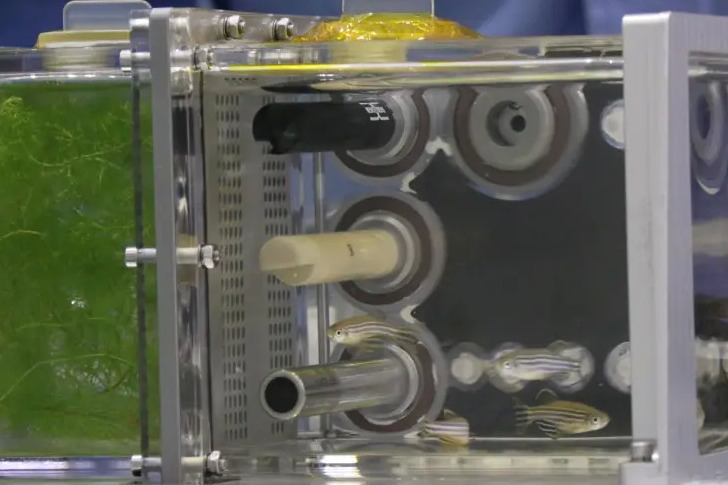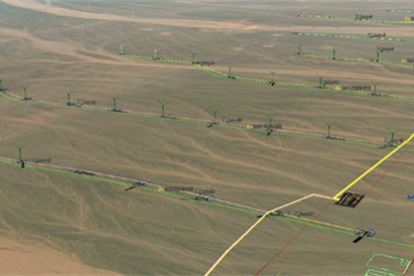US workers thrive in Chinese companies

In the last couple of years, more Americans have found themselves employed at companies owned by Chinese.
According to the Rhodium Group, which tracks Chinese investment in the US, in 2016, Chinese investors spent $46 billion on foreign direct investment (FDI) in the US, a threefold increase from the $15 billion in 2015. Chinese-owned firms now support more than 140,000 jobs across America, nine times as many as in 2009.
A good example of the rising Chinese investment in the US can be found in Springfield, Massachusetts, where China Railway Rolling Stock Corp (CRRC) is building a $95 million manufacturing facility to make subway cars for the Massachusetts Bay Transportation Authority (MBTA) and to support future North American operations.
The plant is scheduled to open next year after CRRC was awarded a contract for $566 million in 2014 by the MBTA.
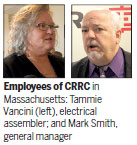
Mark Smith, general manger of CRRC in Massachusetts, said the plant will have an immediate effect on the local economy.
"By bringing in more employees, we will see an increase in (the) economy, particularly in (the) local area, also for (the) greater metropolitan area and Springfield. (These) jobs (an estimated 150) are (going to) definitely help the local area. We are also purchasing services (and) supplies from all of our neighbors and friends. So I think we are going to have very large impact on community," he told China Daily earlier this year.
CRRC sent 33 employees from the Springfield plant to receive training at the company's facilities in Changchun in May. Tammie Vancini, 52, an electrical assembler who was born and raised in Springfield, went to the mainland.
"I think this is an excellent opportunity to expand and bring in the (railcar) industry. We need manufacturing back in the US, and it's exciting that CRRC has chosen Springfield to do that," she said.
"I want Changchun to broaden my horizon. I want to be part of an innovative company that is expanding here in US. I have never worked within a Chinese company. I am looking forward to diversity. The culture is coming together," said Vancini.
Fuyao Glass America Inc, a unit of the largest auto-glass company in China, bought an abandoned General Motors plant in the Dayton, Ohio, suburb of Moraine in 2014, and invested $600 million. It's the largest Chinese investment in Ohio's history and eighth-largest direct foreign investment in the US over the last decade.
The Fuyao plant employs nearly 1,500 local workers some of whom had been unemployed for a lengthy time or underemployed due to the financial crisis.
John Withiow, a supervisor at the plant, worked in auto manufacturing for 15 years and was unemployed for almost two years when he was hired.
When Fuyao came to Dayton, he was one of the first employees to enter the plant. He started on the floor as an associate and worked his way up to production supervisor of lamination. "I expect to retire from here," he said.
Sinomax USA, a unit of Shenzhen-based Sinomax
Group that makes memory-foam bedding products, renovated a 500,000-square-foot facility that was formerly home to a shuttered appliance plant in La Vergne, Tennessee, located about 20 miles south of Nashville, the state capital.
Bruce Miller is the executive vice-president of operations at Sinomax, and it was up to him to assemble a team for the Tennessee facility. When he told everyone the company owners were from China, the response was interesting.
"Initially the reaction was most jobs are going from the US to China. Now a China company is bringing jobs to the US. It was a change, and it was, wow, this is a great new trend. American workers can compete with those from outside of the country," he said.
Working for a Chinese-owned company in the US exposes many Americans to a different company and social culture. That was the case for Doug Davis, a sales executive for Broad Group USA.
The New Jersey-based company and its parent in China specialize in manufacturing central air conditioning, non-electric absorption chillers that are powered by natural gas and waste heat.
Both firms specialize in cogeneration (combined heat and power or CHP), which is the simultaneous production of electricity and heat from a single source like natural gas, biomass, coal, waste heat or oil in an integrated energy system.
"It's been an educational journey because I have never worked for a foreign company," Davis said.
Davis said Broad has more of a family atmosphere.
"Corporate cultures are unique whether you are in a manufacturing or sales environment," Davis said, adding, "I get along well with my Chinese colleagues."
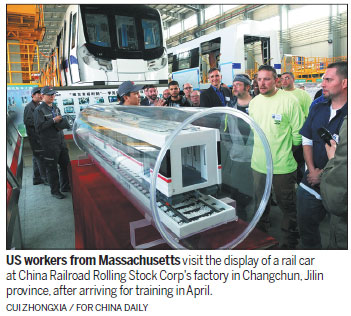
(China Daily USA 11/08/2017 page1)
Today's Top News
- Concern over EU breaching own data rules
- Guideline aims at improving elderly services
- Respiratory infections trend within expected range
- Human trafficking case prompting Thailand to reassure potential tourists
- Quake-hit Dingri county residents provided with hot meals, clothing and shelter
- Manila likely to be hung out to dry unless it provides Washington with pound of flesh


















